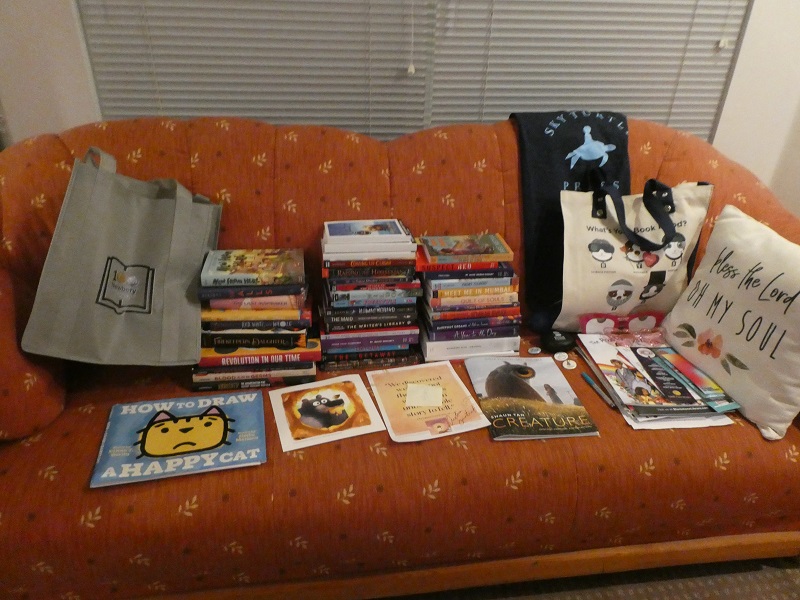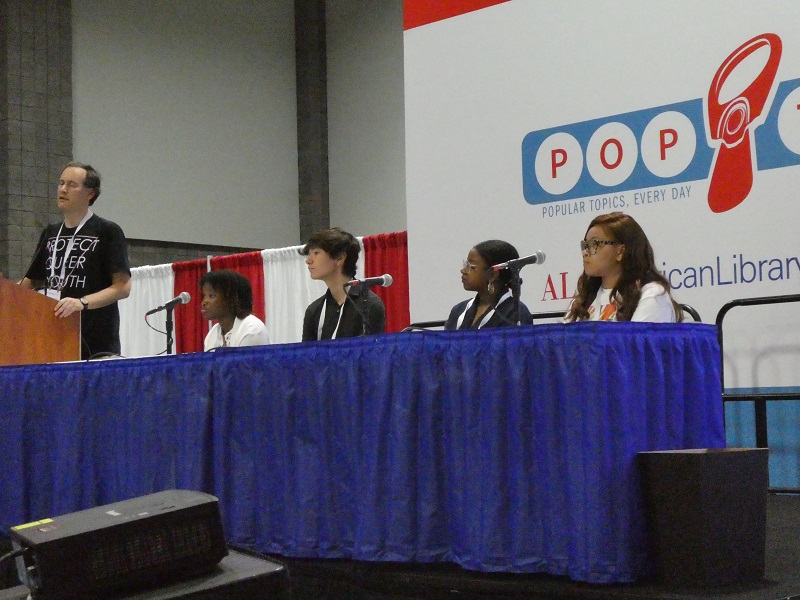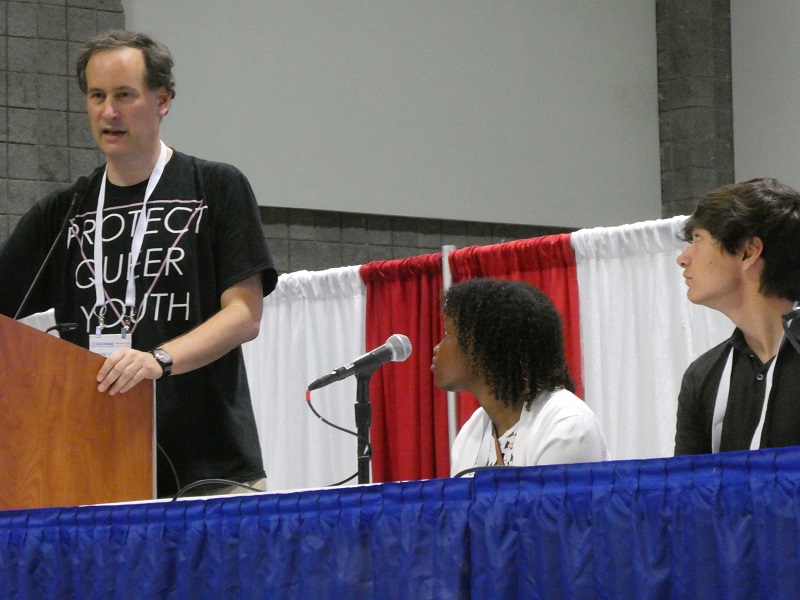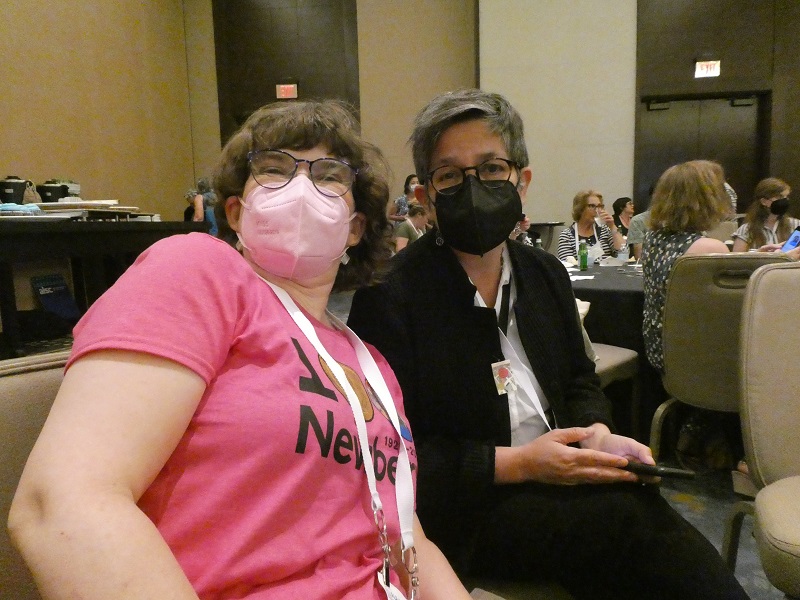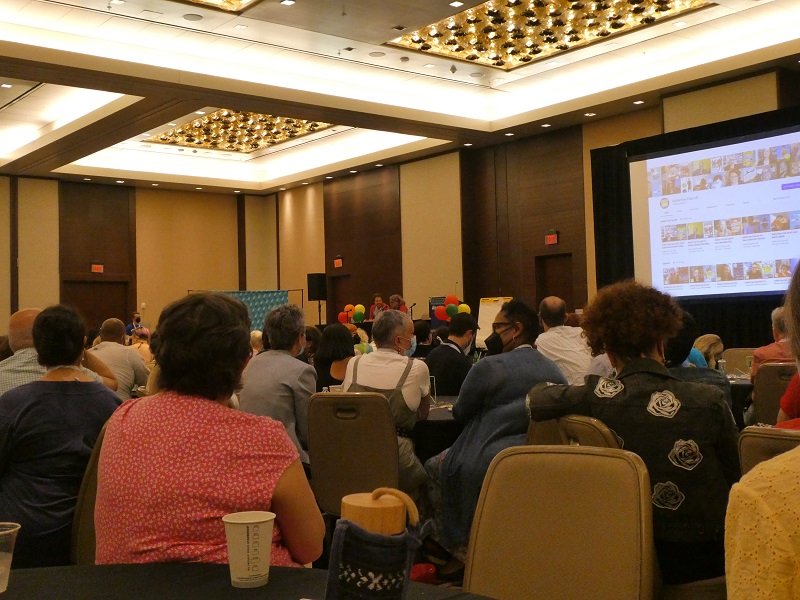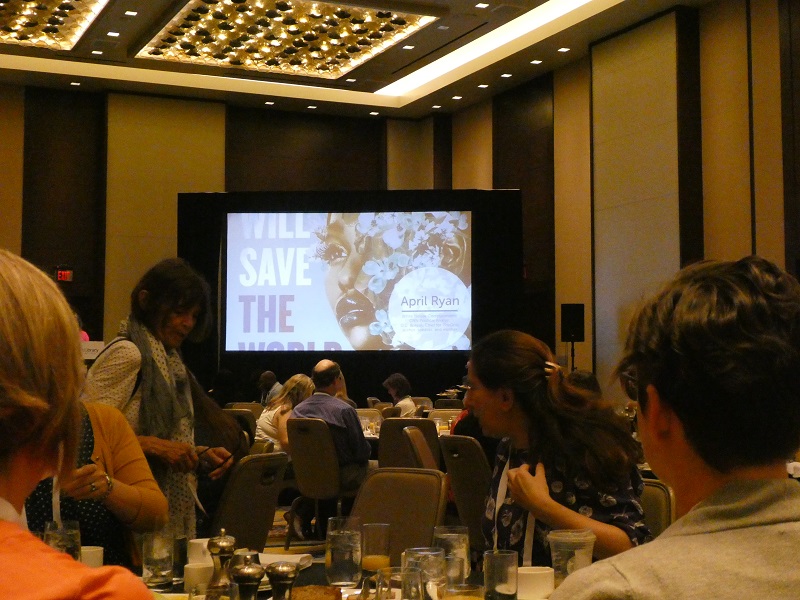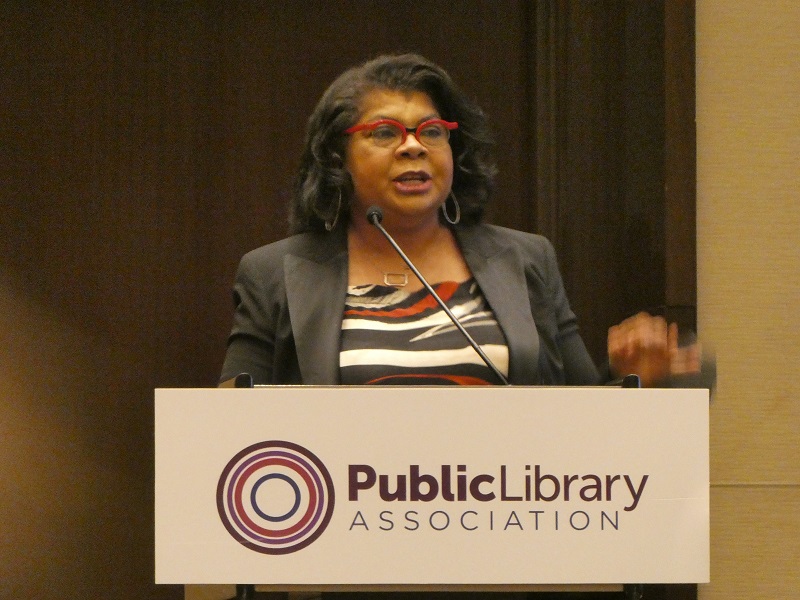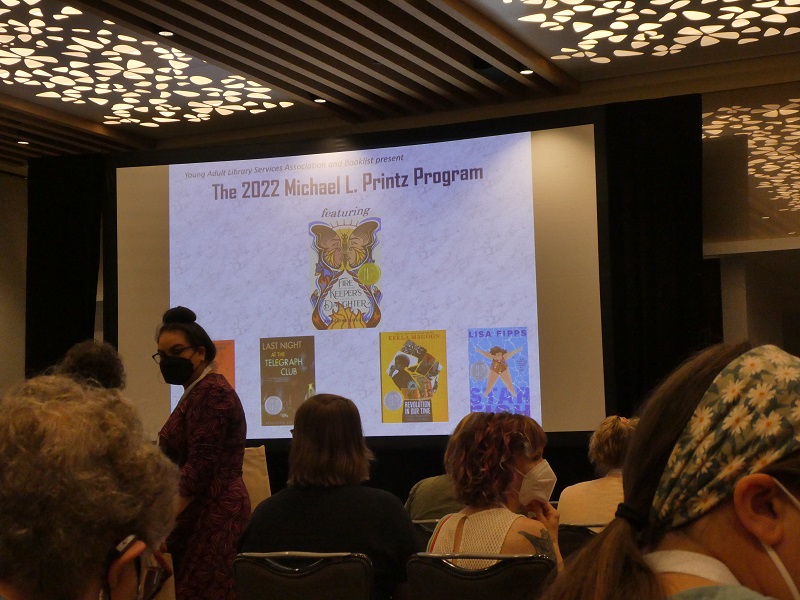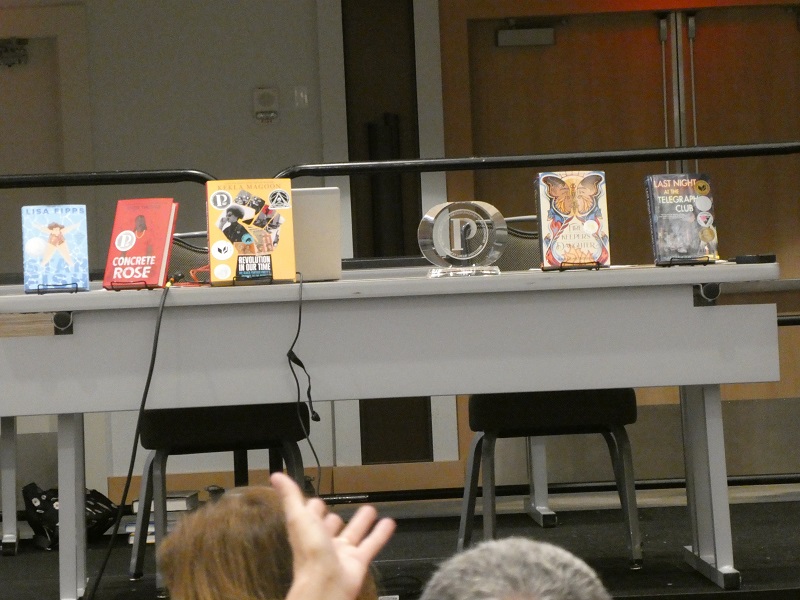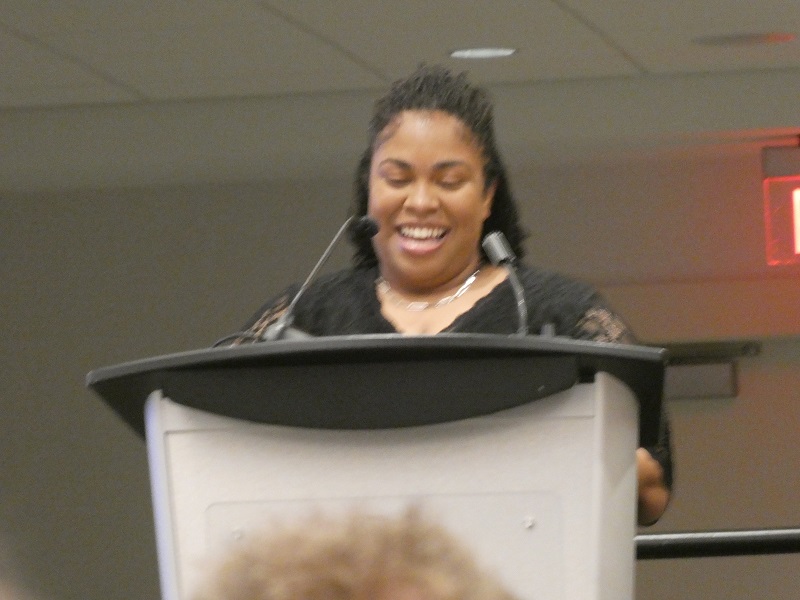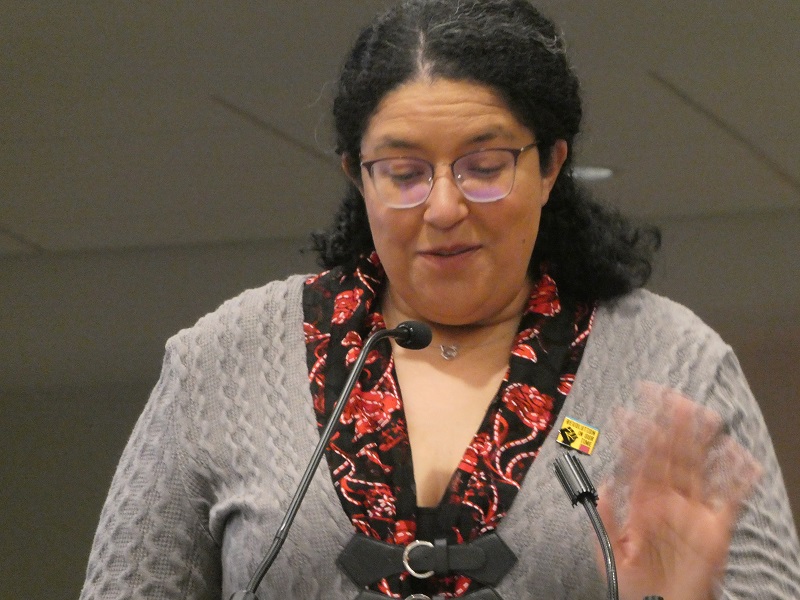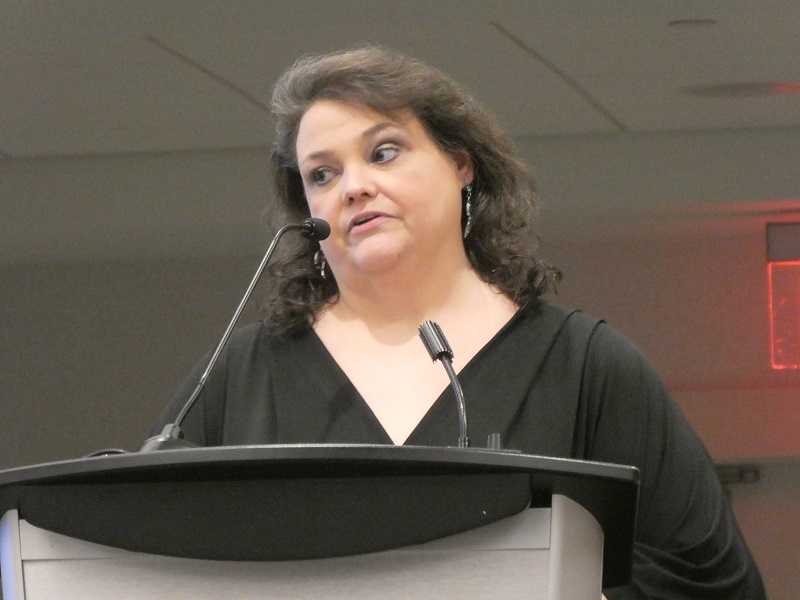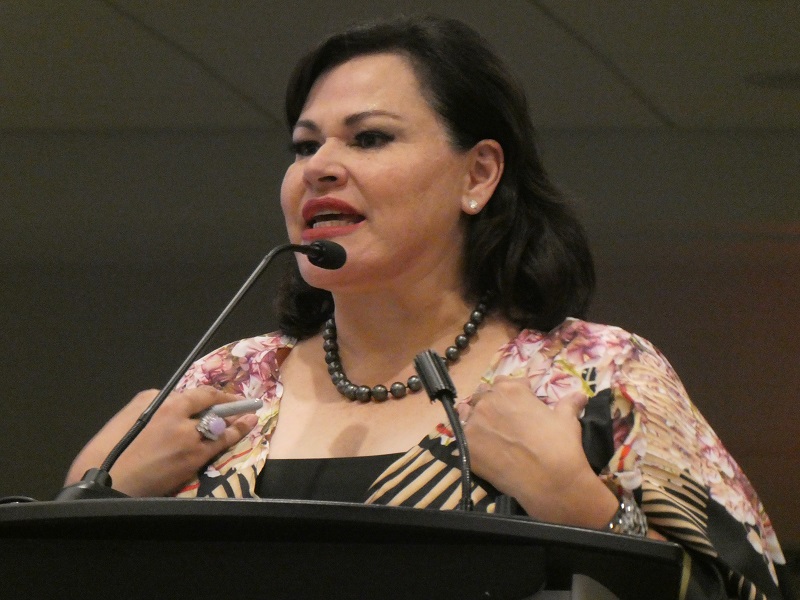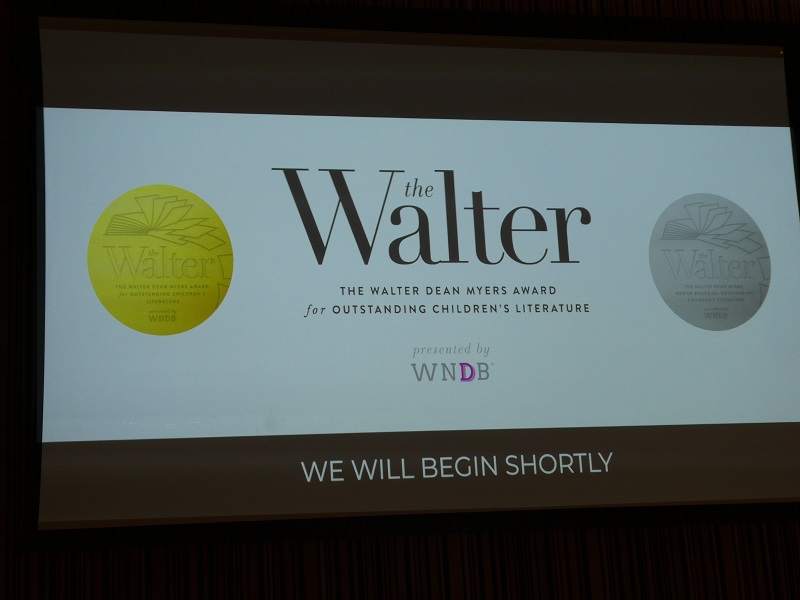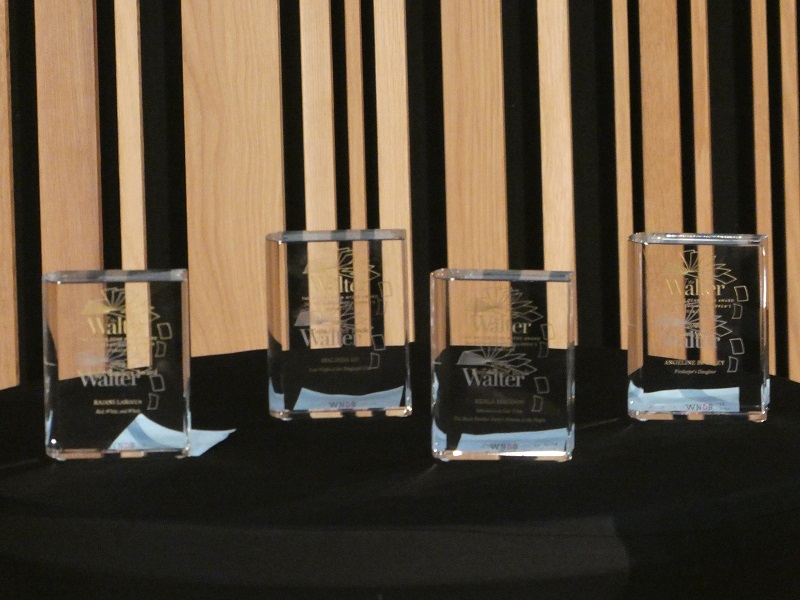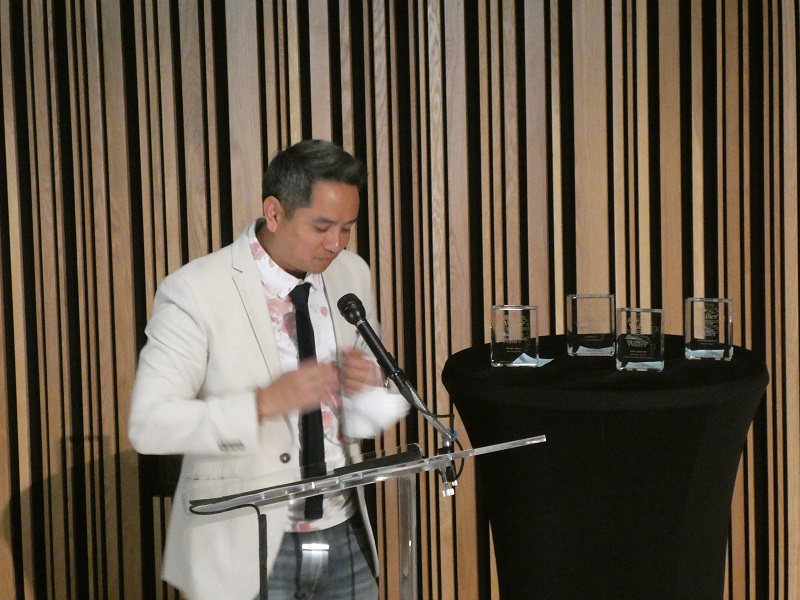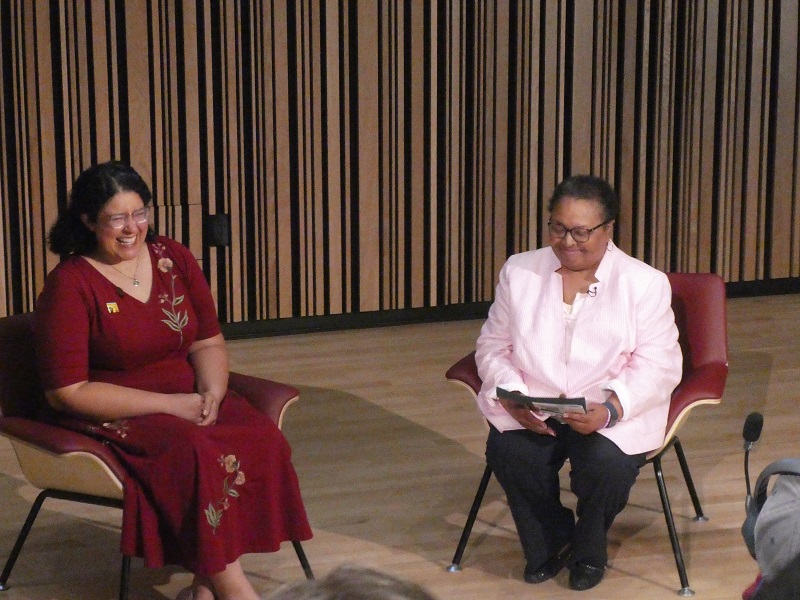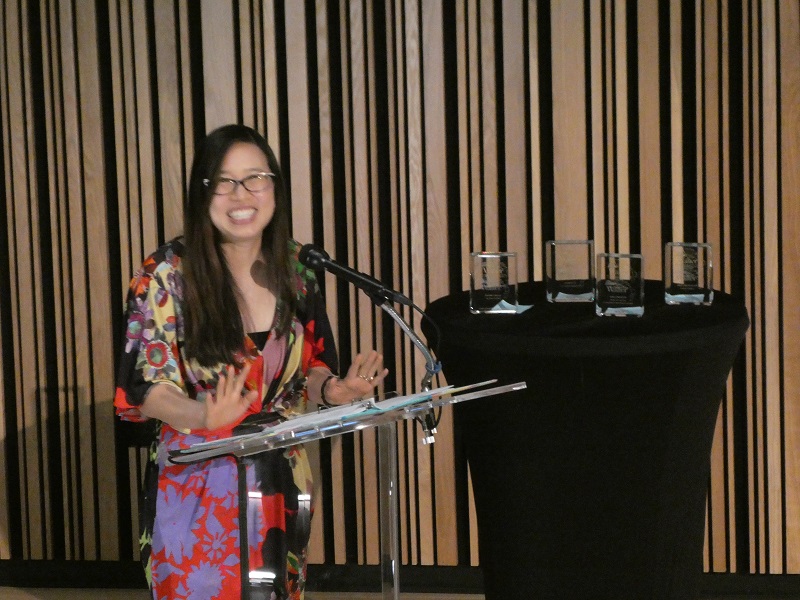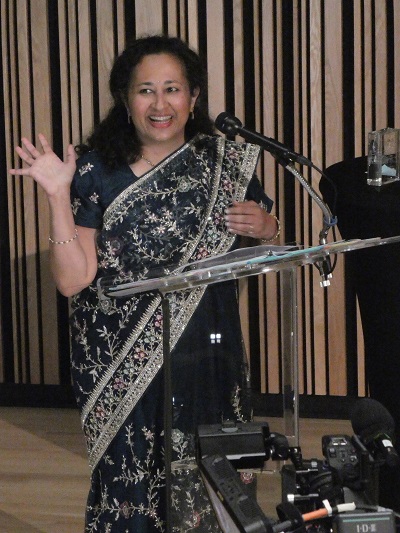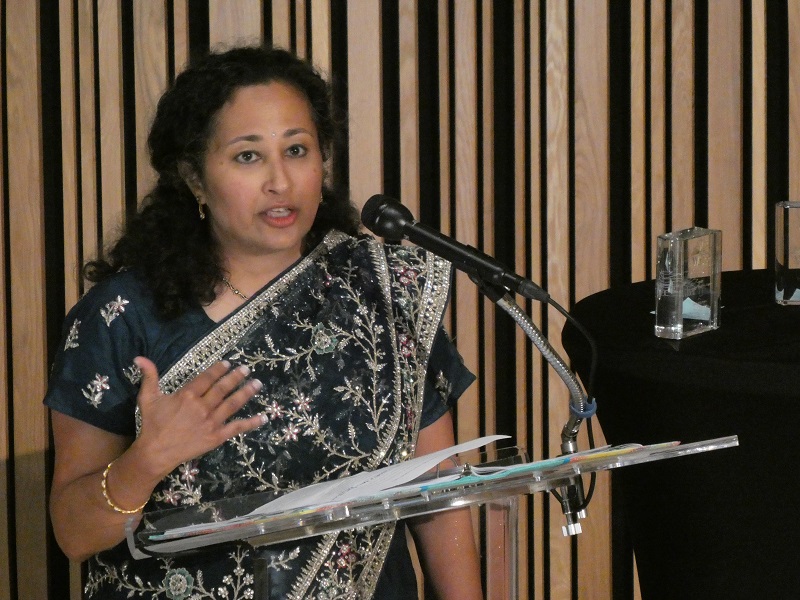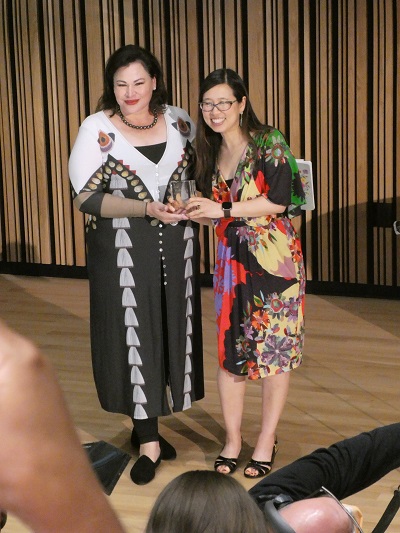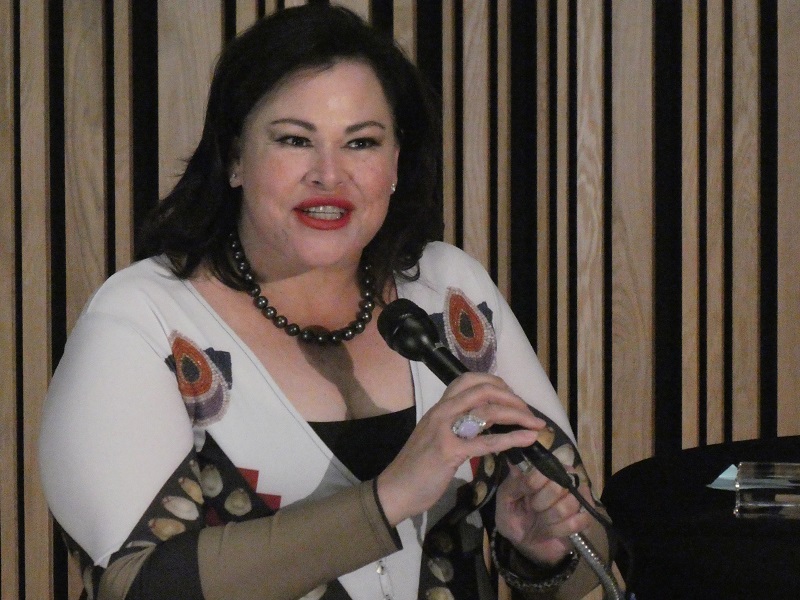It’s time for ALA Midwinter Meeting!
I probably wouldn’t have tried to go, but since it’s virtual, it’s a whole lot less expensive than when you have to pay for a flight, lodging, and food. Unfortunately, I did not get any free books (I usually bring or ship home more than a hundred advance reader copies!), and I did hear about some books that I preordered on the spot — so I didn’t realize that it would cost me extra money in book orders. Oh well! Money well spent, I’m sure!
I often post my notes from every session I attended, but I thought this year, I’d just hit the highlights.
One thing I liked about this conference is there weren’t nearly as many competing sessions. Most of the things I wanted to attend were on the one main livestream, so I didn’t have to make the tough decisions between which sessions would be most helpful. I did miss the long lines after a session to get the author to sign their books, though! But without those lines, they didn’t make me miss the following session.
I ended up not including the Youth Media Awards. Those are always a highlight! I will update all the books I’ve reviewed with the awards they’ve won, eventually. (It will take a long time.) I’m always so happy for the books I’ve read that win and eager to read the ones I’ve missed.
Okay, highlights:
Matt de la Peña and Christian Robinson
These two creators of the Newbery-winning and Caldecott Honor book Last Stop on Market Street told about making that book and the new book they have coming out, Milo Imagines the World. They had great things to say about making picture books. Some good lines:
We shouldn’t have lazy stereotypes in seeing the people around us. Even for a moment on the subway. Everybody has depth. We’re all connected.
The more specific you are with artistry, the more universal it becomes.
Usually, to get the “music” of a picture book right involves cutting.
A great writer for picture books leaves room to create — for the artist and reader both.
Ruby Bridges
It was a real treat to hear Ruby Bridges talk with Librarian of Congress Carla Hayes about what it was like for her as a six-year-old to integrate an elementary school.
How could you explain it to a six-year-old? Her parents just told her, “You’re going to a new school. You’d better behave!”
The innocence of a child protected her. At first, she thought the people shouting and throwing things outside the school were part of Mardi Gras. She didn’t know anything about racism.
She was the only one at school the second day, and she didn’t know it was because of her. The teacher greeted her, and Ruby was surprised she was white and didn’t know what to expect. She thought her mom had brought her too early was why she was the only one there.
But Mrs. Henry showed Ruby her heart and that she was different from the people screaming outside.
When asked, “Were you scared?” she answered that the one thing that scared her was the small coffin the protesters carried with a black doll inside. She’d have nightmares about it.
Mrs. Henry made school fun, but she did miss the other kids. She wasn’t allowed on the playground or in the cafeteria. Federal marshals escorted her to the restroom. She felt like she was being punished for something.
When some white kids did come back to school, the principal hid them from her, but she heard their voices and Mrs. Henry made sure they were finally able to be together. The kids didn’t have a problem with each other.
“Racism has no place in the hearts of our babies.”
I loved the story she told about her son. He’d looked at pictures of the presidents and asked if the president has to be white. She told him, “No, they’re waiting for you!” So he kept telling everyone he was going to be president when he grew up. Then when Barack Obama was on the ballot, he was surprised his mom would vote for him. But she told him, “People are tired of waiting. You’re so young.”
He responded with, “Just because he’s the first, doesn’t mean he’s the best.”
Ruby Bridges has a book for children coming out called This Is Your Time.
Dr. Ibram X. Kendi and Dr. Keisha N. Blain
These two talked about a book they edited that I preordered on the spot: Four Hundred Souls: A Community History of African America, 1619-2019. The book has 80 authors writing essays about five years of history each. In addition, there are 10 poets, who cover 40 years each, and read the eight essays about the time period they were covering.
The editors think of it as a choir, with the poets as soloists.
They tried to have a wide variety of backgrounds in the writers. “Individuals of African descent are rarely allowed to be individuals.” They wanted to show the vast diversity while creating this community piece.
They explored the quotation, “We are our ancestors’ wildest dreams.” They talked about discovering what their ancestors’ dreams were. In so many ways, those dreams were for full freedom, and the fight for that full freedom continues. We may be their wildest dreams yet, but we can be.
“As we reflect on the past, may their stories inspire us to forge ahead and make their dreams reality.”
The book writes about history, and itself is a piece of history.
Books I’ll Preorder or Check Out
Besides the books that won the Youth Media Awards this morning that I haven’t read yet, and besides the book above, some other books went on my radar:
The Hidden Palace, by Helene Wecker. This is a follow-up to The Golem and the Jinni. Wow! That’s all they need to say!
My Remarkable Journey, by Katherine Johnson of Hidden Figures fame.
Anne of Manhattan, by Brina Starler, which is described as a modern Anne of Green Gables romcom. I’m skeptical, but will at least want to check it out.
As Far As You’ll Take Me, by Phil Stamper, author of The Gravity of Us
A Vow So Bold and Deadly, finishing up the trilogy by Brigid Kemmerer
Merci Suarez Can’t Dance, by Meg Medina, the sequel to our Newbery winner, Merci Suarez Changes Gears!
The Beatryce Prophecy, an upcoming fantasy by Kate DiCamillo.
Revolution in Our Time: The Black Panther Party’s Promise to the People, by Kekla Magoon. The author talked about her research for this and made it sound so fascinating.
Ethan Hawke
He talked about his upcoming book, A Bright Ray of Darkness, about an actor. (Write what you know!)
He also talked about his love of reading and stories. Acting, at its core, is a celebration of writing. He told stories of playwrights who made the most of every comma and were always striving to improve the art of communication.
The theme of his book is the healing impact of performing. For him, acting is the one place where emotions are wanted and needed. Those emotions are necessary to tell the truth about human experience.
Joy Harjo
She’s the Poet Laureate of the United States.
Poets are truth-tellers. Poetry is like a house or a pocket — it can hold time, grief, questions, joy.
She has a new poetry anthology coming out: When the Light of the World Was Subdued, Our Songs Came Through.
She also has a new memoir: Poet Warrior: A Call for Love and Justice.
Humans are Story-gatherers.
Le Uyen Pham
She talked about writing her new picture book, Outside, Inside. She wrote it in six weeks in June, when in lockdown but not realizing how long it would last.
She said that it was about this moment when we tested ourselves and learned our humanity and that we’re all the same on the inside.
She used a cat as a character on all the pages, because a human face invites judgment, but a cat can go anywhere, inside and outside.
She made the pictures to reflect the entire world, not simply one neighborhood or even one country.
She watched heartbreaking YouTube videos to get actual scenes in hospitals. She absorbed as much information as she could until she felt like “we” told the story, not just her.
She took scenes of grief and wrapped them in hope. (And she cried even to talk about it.)
“I just kept thinking, at the heart of who we are, not just as Americans, but as humans, we care for one another.”
It doesn’t end with “Spring is here,” but with “Spring will come.” As a metaphor, that’s always true.
Amanda Gorman
The Inaugural Poet read from her upcoming picture book, Change Sings. Wow!
Closing Session: Dr. Jill Biden
When she was a kid, she’d walk to their local library every two weeks and take out as many books as she could. In college, when she met people who couldn’t read, she realized how precious the gift of reading is and decided to be a teacher.
Loving to read means loving to learn. It teaches understanding, kindness, and compassion. It shows us we can do more and dream bigger.
Libraries are also where students learn to research.
What community is all about: Coming together to share our joys and burdens.
To librarians:
Never forget that what you’re doing matters.
Someone’s a better thinker, is kinder, stands a little taller, because of you.
Books are an important way for children to understand their feelings.
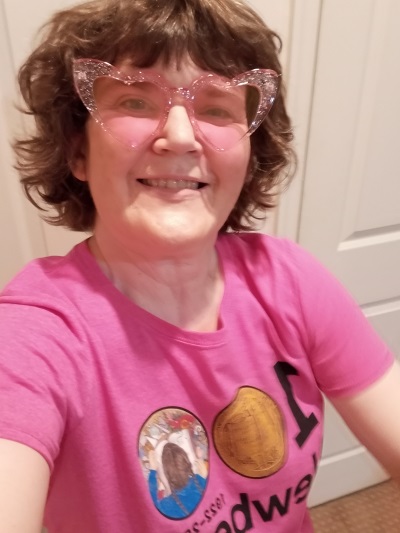 I spent most of the Saturday of ALA Annual Conference in the exhibits, having a wonderful time. I got books signed by Nancy Pearl, Christina Soontornvat, Gail Jarrow, L. M. Elliott, and I’m sure several more people. I went to a lunch hosted by Scholastic Press where they gave us a nice tote bag filled with five books and had the five authors speak — so of course now I very much want to read all five books. They also gave some swag related to the books like these lovely pink glasses!
I spent most of the Saturday of ALA Annual Conference in the exhibits, having a wonderful time. I got books signed by Nancy Pearl, Christina Soontornvat, Gail Jarrow, L. M. Elliott, and I’m sure several more people. I went to a lunch hosted by Scholastic Press where they gave us a nice tote bag filled with five books and had the five authors speak — so of course now I very much want to read all five books. They also gave some swag related to the books like these lovely pink glasses!